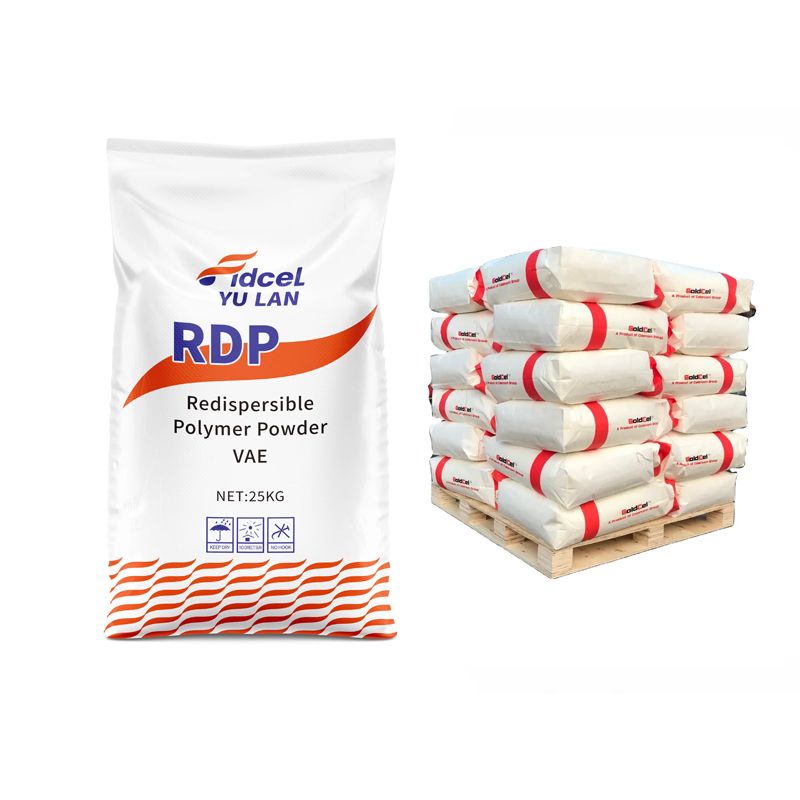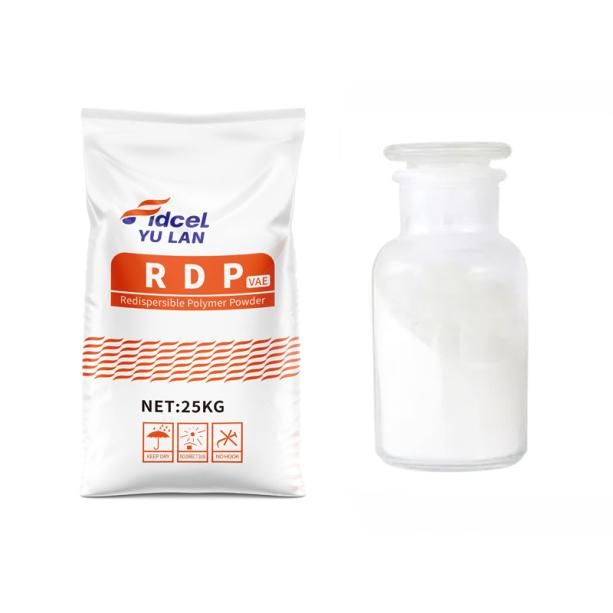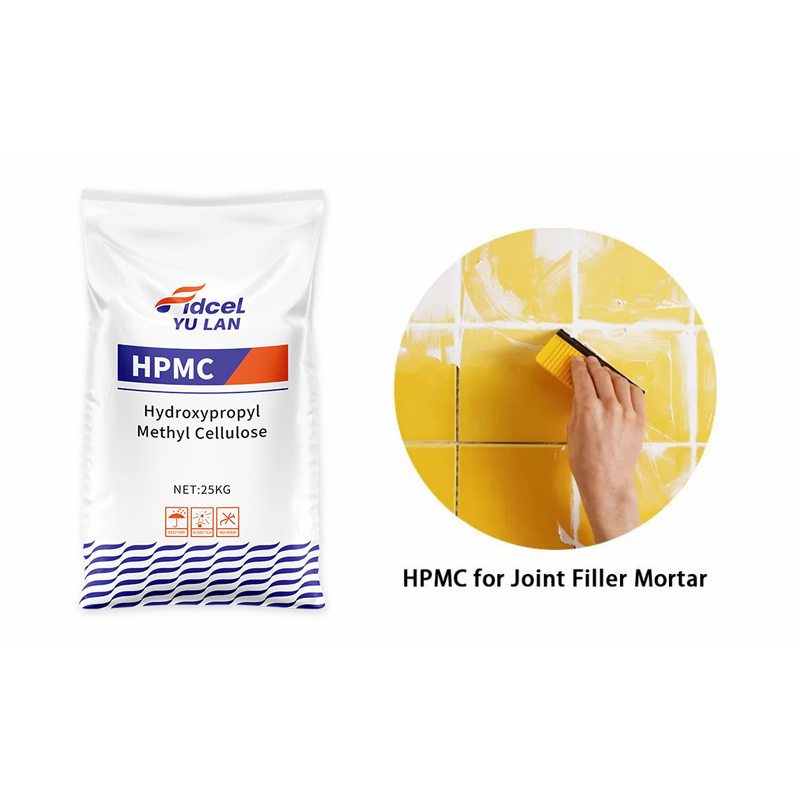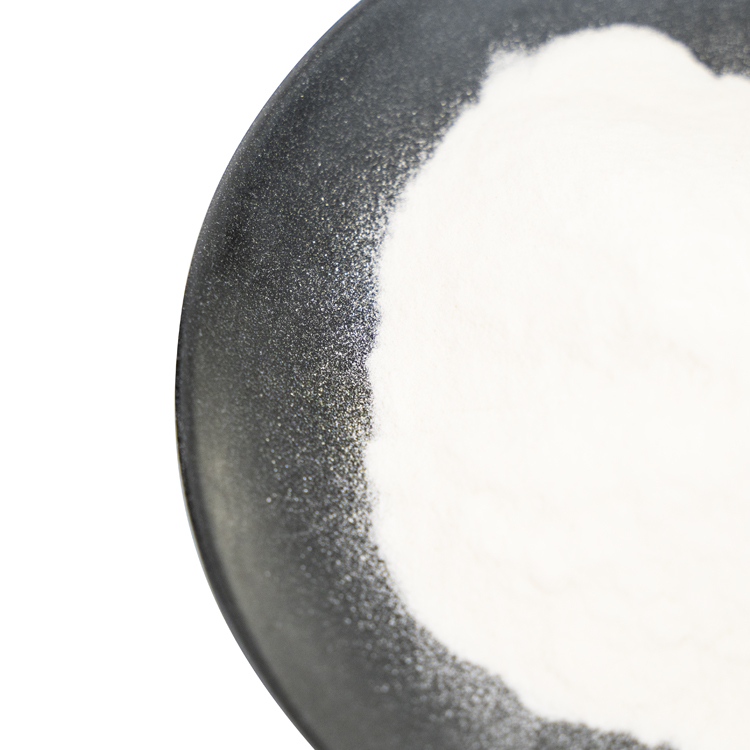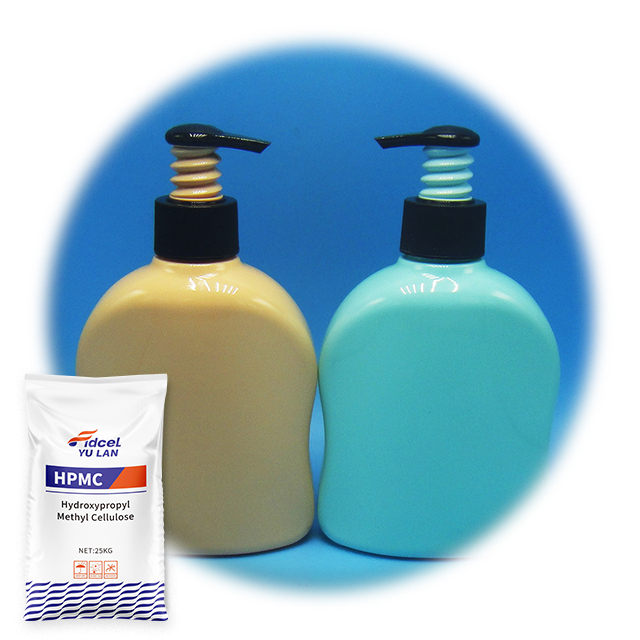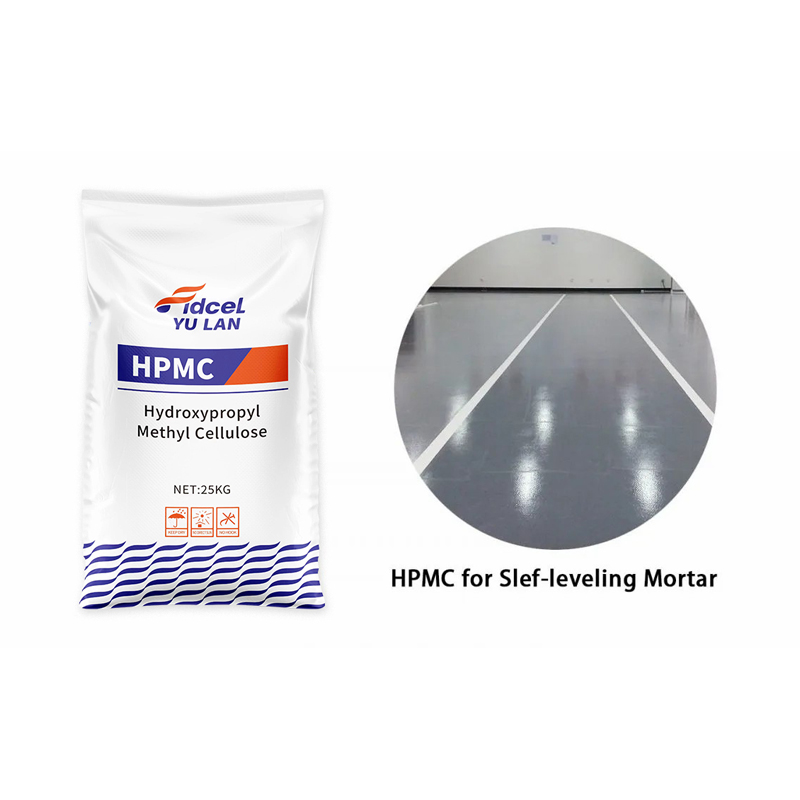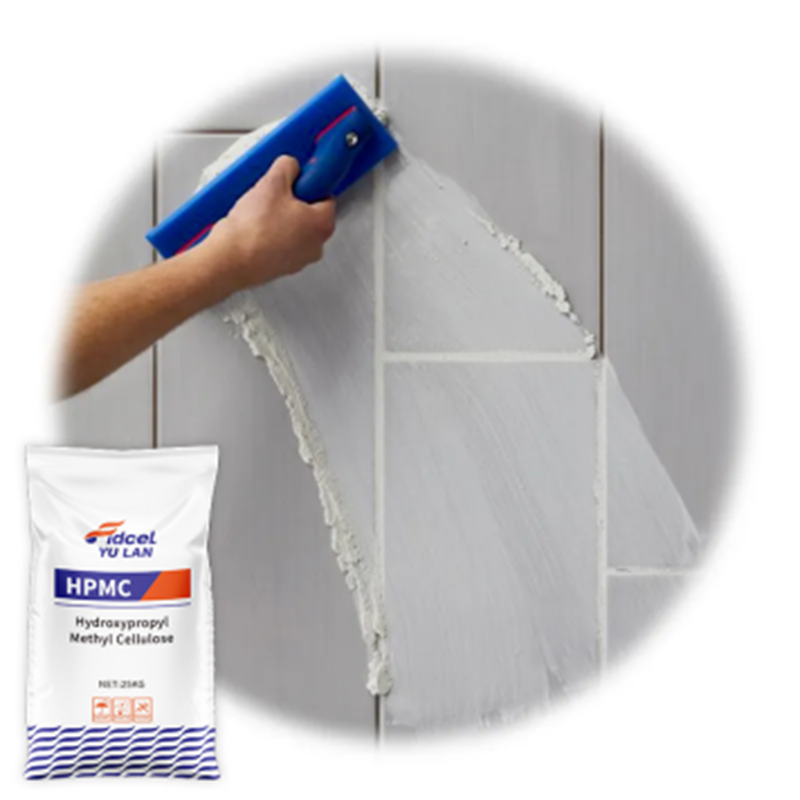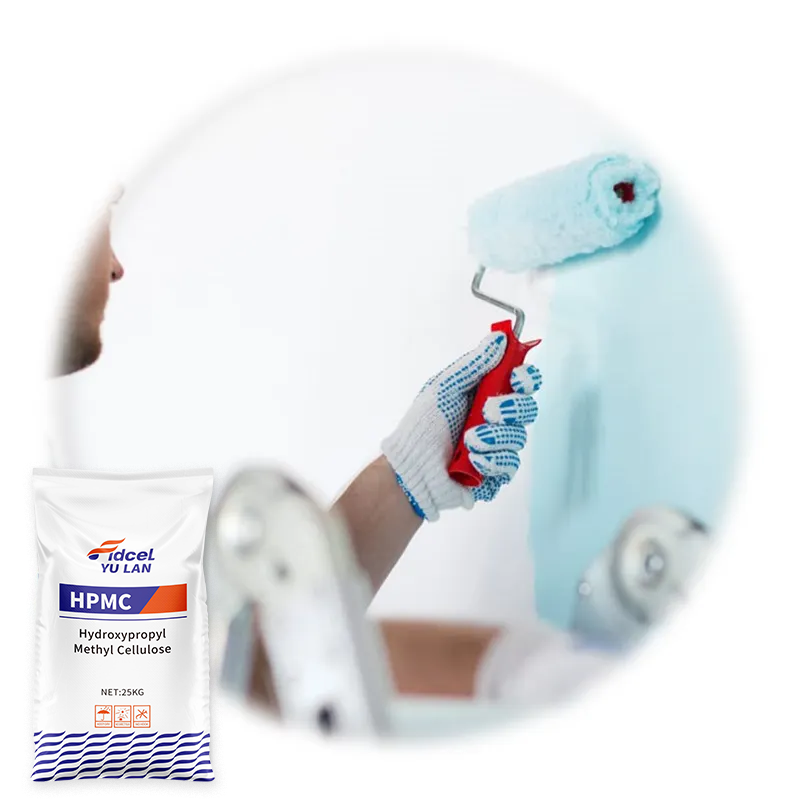- Home
- Glass Transition Temperature Of Hpmc
Glass Transition Temperature of HPMC: Understanding the Thermal Behavior | Manufacturer
Introducing HPMC: Enhancing Performance and Stability for Diverse Applications
Hebei Yulan Chemical Technology Co., Ltd., a leading manufacturer, supplier, and factory based in China, proudly presents an innovative product known as Hydroxypropyl Methyl Cellulose (HPMC). Designed to revolutionize various industries, HPMC possesses exceptional properties, particularly its remarkable glass transition temperature.
The glass transition temperature of HPMC plays a pivotal role in enhancing product stability and performance across different applications. This advanced material exhibits high thermal resistance, ensuring improved durability even under extreme temperatures. From construction materials, pharmaceutical formulations, personal care products to surface coatings, HPMC seamlessly integrates into diverse industries.
With its superior glass transition temperature, HPMC created by Hebei Yulan Chemical Technology Co., Ltd., serves as an indispensable ingredient for durable and environmentally friendly solutions. This remarkable product enhances structural integrity, improves adhesion capabilities, and prolongs product lifespan. Its versatility and reliability make it the top choice for manufacturers aiming to enhance the quality and performance of their products.
Choose Hebei Yulan Chemical Technology Co., Ltd. as your trusted partner for premium HPMC. Count on our expertise in producing top-notch, cost-effective solutions to meet your specific requirements. Experience the outstanding benefits of HPMC today and elevate your products to new heights of excellence.
Hebei Yulan Chemical Technology Co., Ltd.

Company News
Related News
Chemical constraction grade Rdp Vae Redispersible Polymer Powder
Get top-quality Chemical construction grade Rdp Vae Redispersible Polymer Powder from our factory. Trusted manufacturing process for reliable results. Order now!
RDP Water Proof Concrete Admixture Redispersible Polymer Powder External Insulation
Discover the power of RDP Water Proof Concrete Admixture Redispersible Polymer Powder for external insulation. Trust our factory for quality and durability.
Industrial Grade HydroxyPropyl Methyl Cellulose Powder hpmc Tile Adhesive additives
Shop the best quality Industrial Grade HydroxyPropyl Methyl Cellulose Powder, the perfect additive for tile adhesive. As a trusted factory, we offer superior products.
Chemical Additive HPMC Hydroxypropyl Methyl Cellulose for Ceramic Tile Binder
Get the best Ceramic Tile Binder with our Chemical Additive HPMC Hydroxypropyl Methyl Cellulose. As a factory, we deliver high-quality products. Order now!
constraction grade hydroxypropyl methyl cellulose HPMC For Joint Filler
Looking for high-quality construction-grade HPMC for joint filler? Choose our factory-made HPMC for superior joint filling performance.
Hydroxyethyl Cellulose (HEC) Powder CAS 9004-62-0
Buy Hydroxyethyl Cellulose (HEC) Powder CAS 9004-62-0 directly from the factory. Get high-quality product for various industrial applications.
constraction grade Hydroxypropyl Methyl Cellulose HPMC For Drymix Mortar
Get top-quality construction-grade HPMC for drymix mortar from our factory. Trust us for superior performance and unmatched reliability. Order now!
Industrial Grade HPMC Chemicals Raw Materials Cellulose Insulation HPMC 200000cps
Shop our high-quality Industrial Grade HPMC Chemicals for cellulose insulation. We are a factory offering HPMC 200000cps raw materials. Get superior performance and insulation solutions!
Construction Grade Chemicals HPMC Cellulose Ether Water-Retaining Agent HPMC
Shop our high-quality HPMC Cellulose Ether Water-Retaining Agent. As a reliable factory, we offer top-grade construction chemicals for superior performance. Buy now!
Detergente Grade HPMC for Hand Wash Shampoo/Liquid Detergent
Detergente Grade HPMC for Hand Wash Shampoo/Liquid Detergent - We are a trusted factory, providing high-quality detergents for superior hand wash and shampoo experience. Order now!
Hydroxypropyl Methyl Cellulose (Hpmc) For Self-leveling Mortar
Get high-quality Hydroxypropyl Methyl Cellulose (HPMC) for self-leveling mortar from our factory. Trust us for reliable and top-grade construction materials.
Competitive price Industrial grade methyl cellulose Ether HPMC thickener for gypsum plaster of Paris
Discover our high-quality methyl cellulose Ether HPMC thickener for gypsum plaster of Paris at competitive factory prices. Trust our industrial grade solution for superior performance.
High Viscosity Good Water Retention HPMC/Hydroxypropyl Methyl Cellulose for Construction
Discover the benefits of our high viscosity HPMC for construction. Our factory ensures excellent water retention for improved project outcomes. Shop now!
Construction Chemical Thickener Hydroxypropyl Methyl Cellulose HPMC
Looking for high-quality construction chemical thickener? Look no further! Our factory produces top-notch Hydroxypropyl Methyl Cellulose (HPMC). Trust the experts.
Industrial Grade HPMC Professional Manufacturer Supply for Mortar Putty Adhesive for Paint
Shop top-quality Industrial Grade HPMC from a leading professional manufacturer. We supply mortar putty adhesive for paint. Factory direct prices!
- HPMC Glass Transition Temperature: Key Factors and Manufacturer Insights
- Reviews
- Related Videos
Introducing our latest innovation in the field of pharmaceuticals - HPMC, and specifically its remarkable characteristic known as the Glass Transition Temperature (Tg). HPMC, short for Hydroxypropyl Methylcellulose, is a versatile compound widely utilized in the pharmaceutical industry for its exceptional film-forming and binding properties. Its Glass Transition Temperature plays a crucial role in maintaining the stability, effectiveness, and safety of various drug formulations. The Glass Transition Temperature (Tg) refers to the point at which HPMC undergoes a transition from its glassy state to its rubbery state, resulting in significant changes in its physical and mechanical properties. Understanding and optimizing this temperature is crucial for formulating drugs with controlled release mechanisms, stability, and enhanced bioavailability. At our state-of-the-art laboratory, we have extensively studied the Glass Transition Temperature of HPMC, ensuring it aligns with the specific needs of our clients' drug formulations. Our team of experienced scientists and researchers meticulously analyze and customize the Tg to meet the desired drug release profiles, thereby ensuring maximum efficacy. With our superior-grade HPMC, you can now develop drug formulations that possess enhanced gastric residence time, improved bioavailability, and increased patient compliance. Moreover, our precisely engineered Tg of HPMC allows for the development of sustained and controlled release formulations, enabling a steady drug release over extended periods. This not only enhances patient convenience but also facilitates optimal therapeutic outcomes. In conclusion, our HPMC with its scientifically optimized Glass Transition Temperature is your ideal partner for the development of cutting-edge drug formulations. Experience the difference our HPMC can make in enhancing drug stability, controlled release mechanisms, and overall patient satisfaction. Trust us to deliver excellence in every batch of our HPMC, as we continue to revolutionize the pharmaceutical industry with our innovative solutions.
The glass transition temperature (Tg) of Hydroxypropyl methylcellulose (HPMC) is a key factor to consider when evaluating the performance of a product. HPMC is widely used in various industries, including pharmaceutical and cosmetic, as a thickening and gelling agent. Its Tg determines the temperature at which HPMC transitions from a rigid glassy state to a soft, rubbery state. This characteristic is vital in applications where the product's firmness and stability are essential. HPMC's high Tg ensures that a formulated gel or cream remains intact and doesn't melt or become too runny at higher temperatures, thus providing a reliable and consistent product experience.
The glass transition temperature of HPMC (hydroxypropyl methylcellulose) is a crucial factor to consider when it comes to evaluating its performance in various applications. I recently tried a product that incorporated HPMC, and I must say I was thoroughly impressed. The HPMC used in this product exhibited a high glass transition temperature, ensuring excellent thermal stability. This is particularly important for applications where the material needs to withstand high temperatures without losing its structural integrity. Moreover, the higher glass transition temperature contributes to enhanced mechanical strength and improved moisture resistance. The product I used showcased remarkable durability, even under challenging conditions, making it a reliable choice. In conclusion, the incorporation of HPMC with a high glass transition temperature in this particular product undoubtedly enhanced its overall performance. Its ability to withstand heat, maintain strength, and resist moisture sets it apart from other alternatives. Highly recommended!
Contact us
Please feel free to give your inquiry in the form below We will reply you in 24 hours




